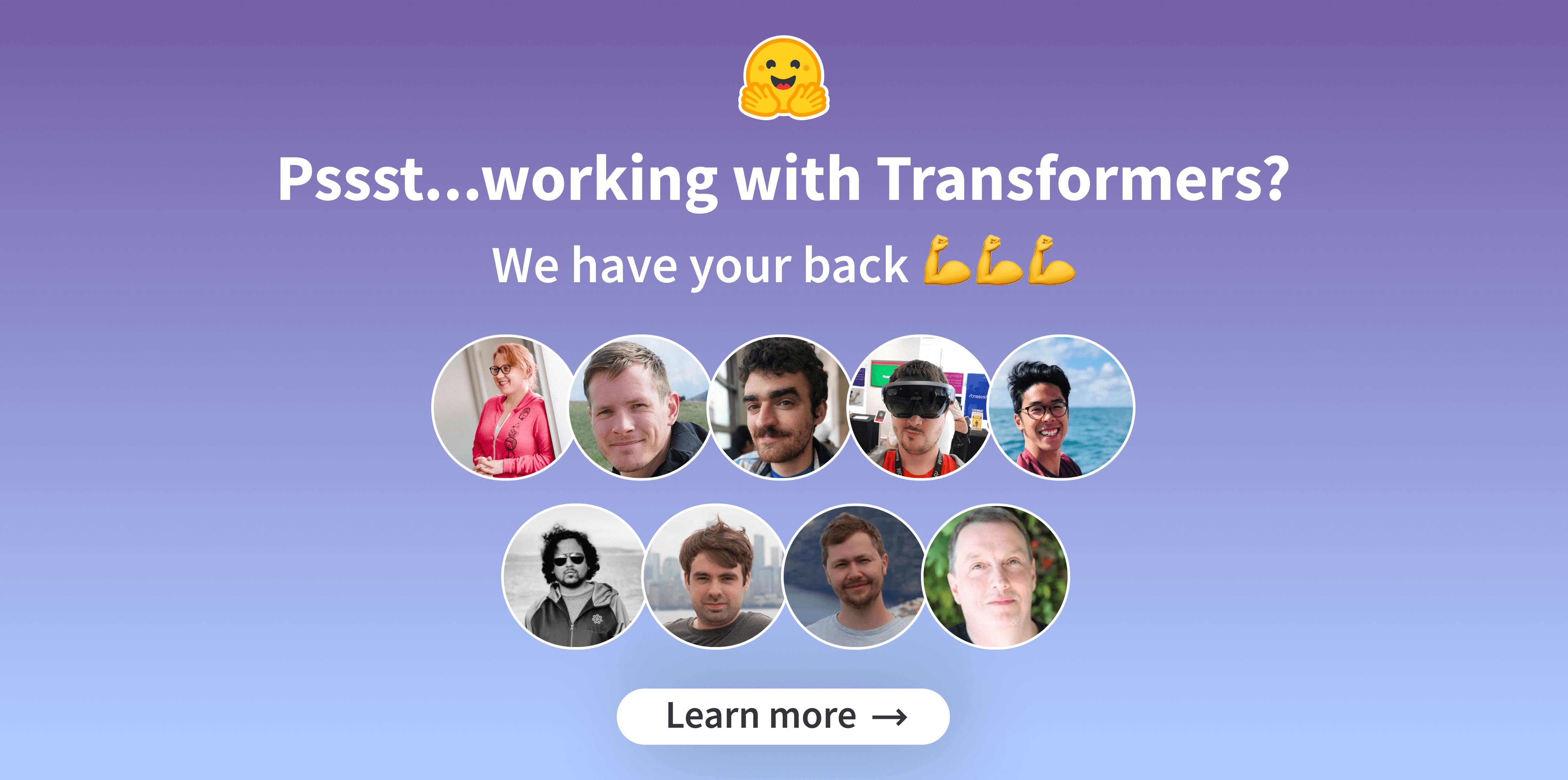* config draft * full encoder forward * full decoder forward * fix sdpa and FA2 * fix sdpa and FA2 * moonshine model * moonshine model forward * fix attention with past_key_values * add MoonshineForConditionalGeneration * fix cache handling and causality for cross attention * no causal attention mask for the encoder * model addition (imports etc) * small nit * nits * Update src/transformers/models/moonshine/convert_usefulsensors_to_hf.py Co-authored-by: Joshua Lochner <admin@xenova.com> * add rope_theta * nits * model doc * Update src/transformers/models/auto/configuration_auto.py Co-authored-by: Joshua Lochner <admin@xenova.com> * imports * add MODEL_FOR_SPEECH_SEQ_2_SEQ_MAPPING_NAMES * updates modular * make * make fix-copies * ruff check examples fix * fix check_modular_conversion * nit * nits * nits * copied from -> imports * imports fix * integrate attention refacto * modular edge case * remove encoder * convolutions params in config * run modular_model_converter * make * Update docs/source/en/model_doc/moonshine.md Co-authored-by: Joshua Lochner <admin@xenova.com> * MoonshineModelTest * correct typo * make style * integration tests * make * modular convert * name conversion update (up_proj -> fc1 etc) * update config * update MLP * update attention * update encoder layer * update decoder layer * update convolutions parameters * update encoder * remove INPUTS_DOCSTRING * update decoder * update conditional generation * update pretrained model * imports * modular converted * update doc * fix * typo * update doc * update license * update init * split config in file * two classes for MLP * attention from GLM * from GlmRotaryEmbedding * split MLP * apply arthur's review suggestions * apply arthur's review suggestions * apply arthur's review suggestions * auto feature extractor * convert modular * fix + make * convert modular * make * unsplit config * use correct checkpoint * wrap generate * update tests * typos * make * typo * update doc --------- Co-authored-by: Joshua Lochner <admin@xenova.com>
47 KiB
🤗 Transformers
State-of-the-art Machine Learning for PyTorch, TensorFlow, and JAX.
🤗 Transformers provides APIs and tools to easily download and train state-of-the-art pretrained models. Using pretrained models can reduce your compute costs, carbon footprint, and save you the time and resources required to train a model from scratch. These models support common tasks in different modalities, such as:
📝 Natural Language Processing: text classification, named entity recognition, question answering, language modeling, code generation, summarization, translation, multiple choice, and text generation.
🖼️ Computer Vision: image classification, object detection, and segmentation.
🗣️ Audio: automatic speech recognition and audio classification.
🐙 Multimodal: table question answering, optical character recognition, information extraction from scanned documents, video classification, and visual question answering.
🤗 Transformers support framework interoperability between PyTorch, TensorFlow, and JAX. This provides the flexibility to use a different framework at each stage of a model's life; train a model in three lines of code in one framework, and load it for inference in another. Models can also be exported to a format like ONNX and TorchScript for deployment in production environments.
Join the growing community on the Hub, forum, or Discord today!
If you are looking for custom support from the Hugging Face team

Contents
The documentation is organized into five sections:
-
GET STARTED provides a quick tour of the library and installation instructions to get up and running.
-
TUTORIALS are a great place to start if you're a beginner. This section will help you gain the basic skills you need to start using the library.
-
HOW-TO GUIDES show you how to achieve a specific goal, like finetuning a pretrained model for language modeling or how to write and share a custom model.
-
CONCEPTUAL GUIDES offers more discussion and explanation of the underlying concepts and ideas behind models, tasks, and the design philosophy of 🤗 Transformers.
-
API describes all classes and functions:
- MAIN CLASSES details the most important classes like configuration, model, tokenizer, and pipeline.
- MODELS details the classes and functions related to each model implemented in the library.
- INTERNAL HELPERS details utility classes and functions used internally.
Supported models and frameworks
The table below represents the current support in the library for each of those models, whether they have a Python tokenizer (called "slow"). A "fast" tokenizer backed by the 🤗 Tokenizers library, whether they have support in Jax (via Flax), PyTorch, and/or TensorFlow.